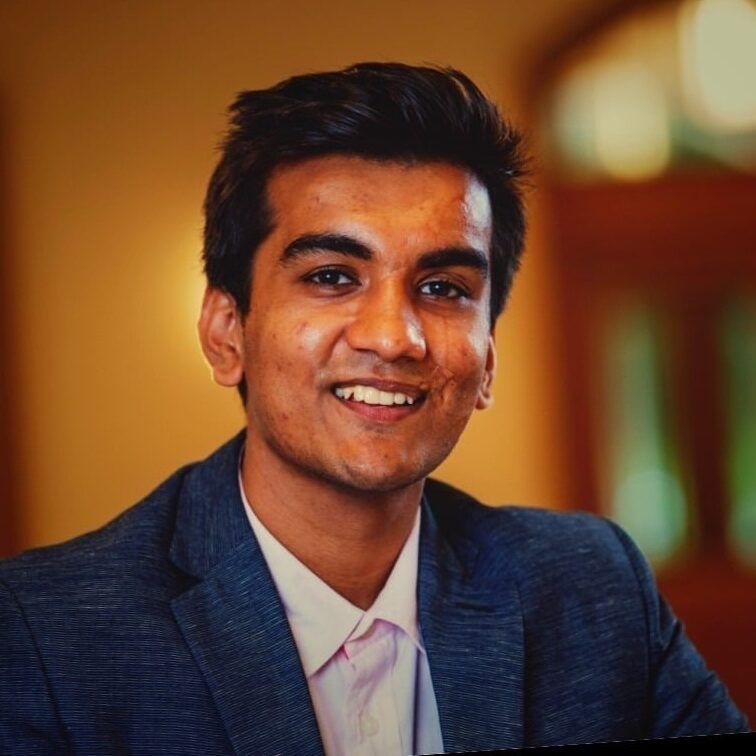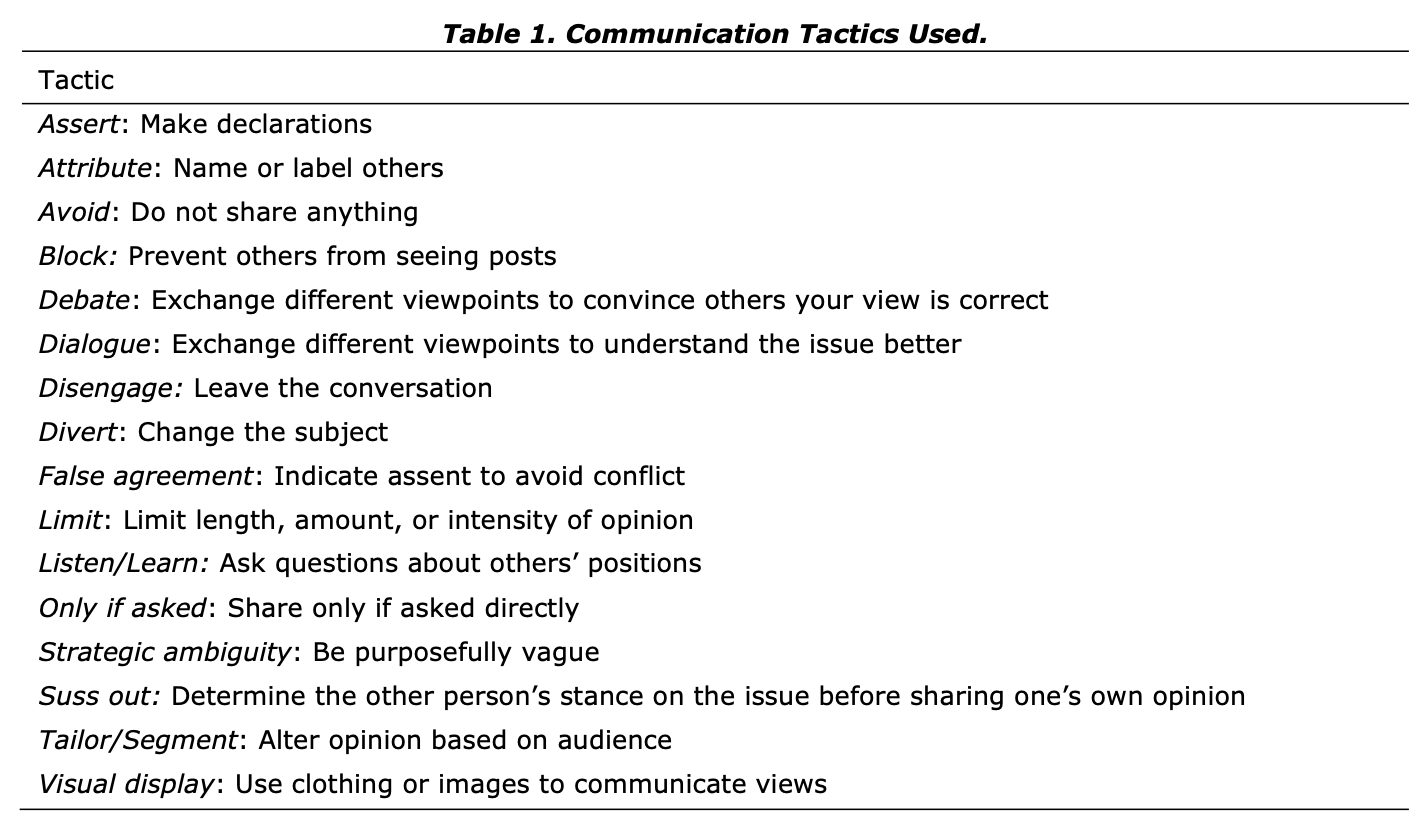The Futility Factor: How Social Media Environments Can Discourage Political Engagement
Prithvi Iyer / Apr 16, 2024Political discourse on social media can often be divisive. Using recommendation algorithms that promote posts based on engagement metrics has exacerbated online conflict and disagreement. For example, in 2018, Facebook tweaked its algorithm to prioritize “meaningful social interactions” (MSE), which rewarded posts that garnered more likes and shares by promoting them on the Facebook feed. These posts tended to be combative and often veered towards misinformation, with one study finding that 45% of posts categorized as MSEs came from merely 1% of the user base in the United States (700,000 out of 230 million users). Thus, what may seem like “public opinion” on Facebook only reflects the opinions of a small minority of users, which begs the question, why do so many Facebook users self-censor while others do not?
A new research paper by Carrie Ann Platt, Don Waisanen, and José Marichal examines how the communication contexts of users (both online and offline) shape their willingness to share political opinions. The researchers employ qualitative analysis to “identify and explore (1) self-censorship types, (2) conditions, and (3) tactics specific to online and offline contexts.” Previous research on this topic has focused on the role of imagined audiences, platform affordances, and increased partisanship in driving self-censorship. However, this research does not restrict its scope of analysis to social media. Instead, the authors offer “a view of the online and offline strategies and tactics people use to navigate these parts of their lives,” along with insights into how and why users express political opinions differently in online and offline contexts.
Methodology and Data Analysis
The researchers used an open-ended survey to gather data from 206 US adults. The sample was predominantly white (80.6%, 7.35% Asian, 7.3% Black, 4.4% Hispanic, and 0.4% undisclosed). Participants were asked to describe the extent to which they censor their political opinions on Facebook and offline and to provide examples to illustrate their responses. The open-ended responses with examples allowed the researchers to evaluate how individuals approach political communication on Facebook and how their “tactics might change based on specific elements of the online or offline context (e.g., Facebook groups vs. the more public feed; conversations with coworkers at work vs. conversations with coworkers over drinks after work).”
The researchers developed a codebook based on the survey responses to identify self-censorship types, conditions, and tactics. Below is a table detailing the different communication tactics used by the sample to "share, limit, or avoid sharing" their political opinions.
Along with establishing the communication tactics outlined above, the researchers categorized survey responses based on four conditions (audience, topic, location, and time) and three self-censorship types (full, partial, and never).
Key Findings
Studying the interplay between self-censorship types, conditions, and tactics reveals why and how political discourse on Facebook is dominated by a small number of users.
The study found that individuals were more likely to change their self-censorship type when encountering political content on Facebook, with a majority showing greater levels of online self-censorship. 55.3% of the respondents avoided sharing any political opinion (full censor), and an additional 24.3% limited how much of their opinion they shared (partial censor). In contrast, offline interactions saw less full self-censorship (18%) and more nuanced engagement, with 52.4% displaying partial self-censorship. This preference for more self-censorship on Facebook reveals how “communication tactics shift toward silence in the face of political talk on Facebook.”
Interestingly, the majority of full and partial self-censors engaged in online self-censorship to avoid discussing controversial political topics (92.1% for "full censors" and 88% for “partial censors"). In contrast, only 5.3% censored their posts based on location and 2.6% based on audience. Thus, the “what” self-censorship condition was the most significant driver of self-censorship online.
The study also identified various communication tactics individuals employ to manage political discourse on Facebook. Full self-censors predominantly utilized avoidance tactics, with 94.7% opting to avoid posting or engaging with political content. In contrast, partial self-censors adopted strategies such as strategic ambiguity or tailoring their opinions based on the perceived audience's beliefs, with 52% limiting their opinion sharing and 18% avoiding political topics altogether. Even those who didn't change their self-censorship type between online and offline contexts tended to employ different communication tactics. For instance, those censoring online speech primarily avoided politics while offline; they had a broader range of tactics, including “divert, limit, disengage, and false agreement.” These differences between online and offline self-censorship tactics can be attributed to greater awareness of interpersonal dynamics offline.
Unlike previous research that mainly focused on self-censorship tactics online, this study tracked “changes in online and offline self-censorship behaviors at the individual level, along with respondents’ explanations for those changes, creating a thick explanation for the myriad ways individuals shift their communication tactics when interacting with others on Facebook.” Contrary to previous research, this study found that self-censorship was more prevalent due to the perceived futility of discussions on Facebook rather than “context collapse,” a term coined by danah boyd that refers to how the boundaries of different communication contexts are blurred on social media. By comparing the similarities and differences between online and offline self-censorship, this research explains why some people dominate political discourse on social media and why.
It is critical to evaluate if these findings can be applied to other social media platforms, particularly federated networks like Mastodon, where users can establish their own regulations for sharing and amplifying content. Moreover, this study was mainly conducted on a sample of white people from the United States. It would be interesting to observe if these results are replicated with users from the Global Majority.
Conclusion
This research shows that a large portion of Facebook users refrain from sharing their opinions on Facebook, and those who do share tend to be a minority with “combative communication tactics.” Without accounting for why users self-censor online, we may overestimate the extent of online polarization. Social media platforms can shape political discourse. If contextual factors discussed in this research make it seem pointless for most users to engage with politics, online discourse is destined to be dominated by a culture of self-censorship and loud voices that only seem more prominent than they actually are. This dynamic undermines democratic principles and contradicts a vision of social media as a safe space for thoughtful debate and discussion.
Authors


